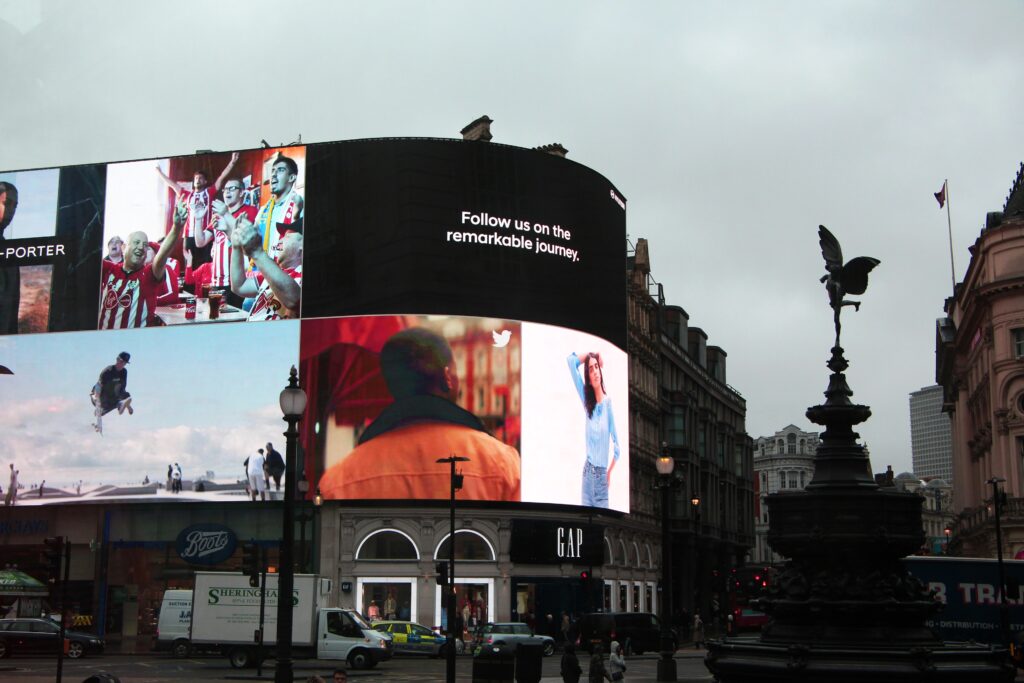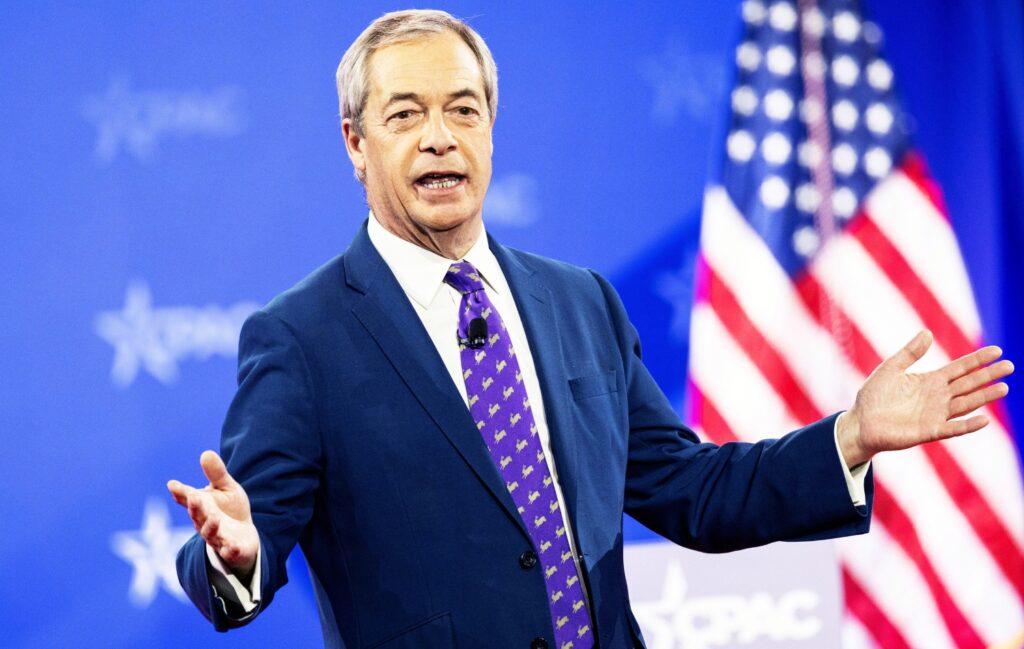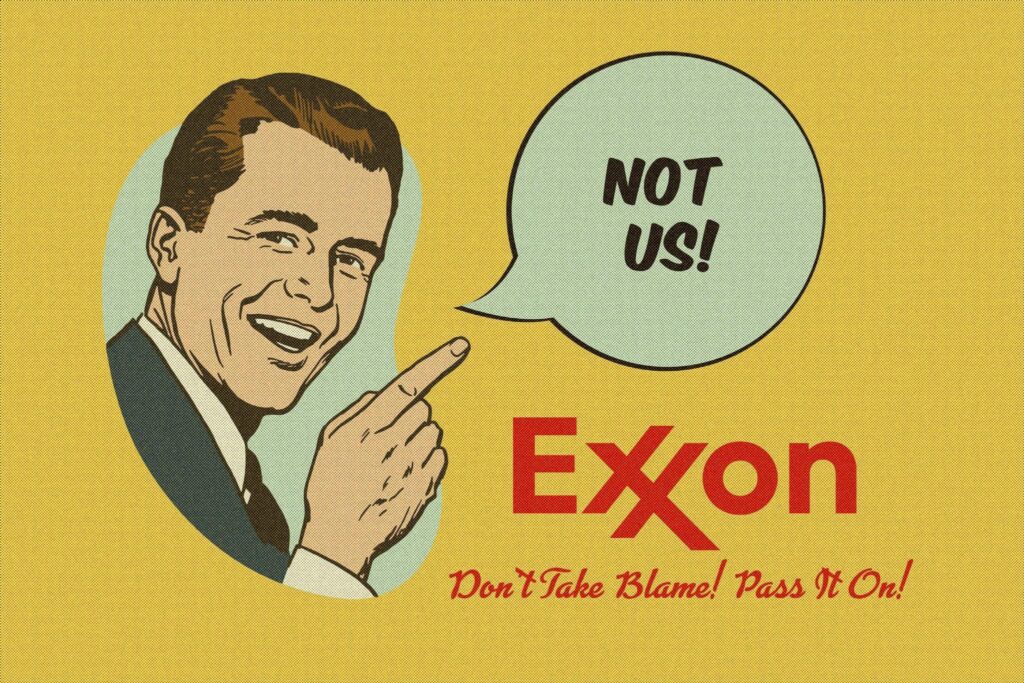This is part 4 in a series on the Heartland Institute’s supposedly rigorous study (pdf) on the state of global warming science. This flawed paper has been distributed to 10,000 Utahns by the Utah-based Sutherland Institute, a “sister” of the Heartland Institute.
Paul T. Mero, the president of the Sutherland Institute claims that, “for skeptics, we went out of our way to include a special analysis of the methodology used to create this study. This report is an honest reflection of the international scientific community…”
Let’s see how that holds up.
Flaw #3: Heartland’s study uses leading questions
Sutherland’s Paul T. Mero claims that, “Most [scientists] believe global warming would have some positive as well as negative effects.”
However, here are the questions that were asked of respondents in the Heartland study: (emphasis added)
1. To what degree do you think that climate change might have some positive effects for some societies?
2. To what degree do you think climate change will have detrimental effects for some societies.
Question 1 includes language that makes the question so vague that it would be very difficult for anyone to respond in any fashion other than that which fits the Heartland Institutes desired outcome. If it was instead framed more like question #2, along the lines of “To what degree do you think climate change will have positive effects for some societies,” the numbers would most likely have been a lot less stark.
Subscribe to our newsletter
Stay up to date with DeSmog news and alerts






